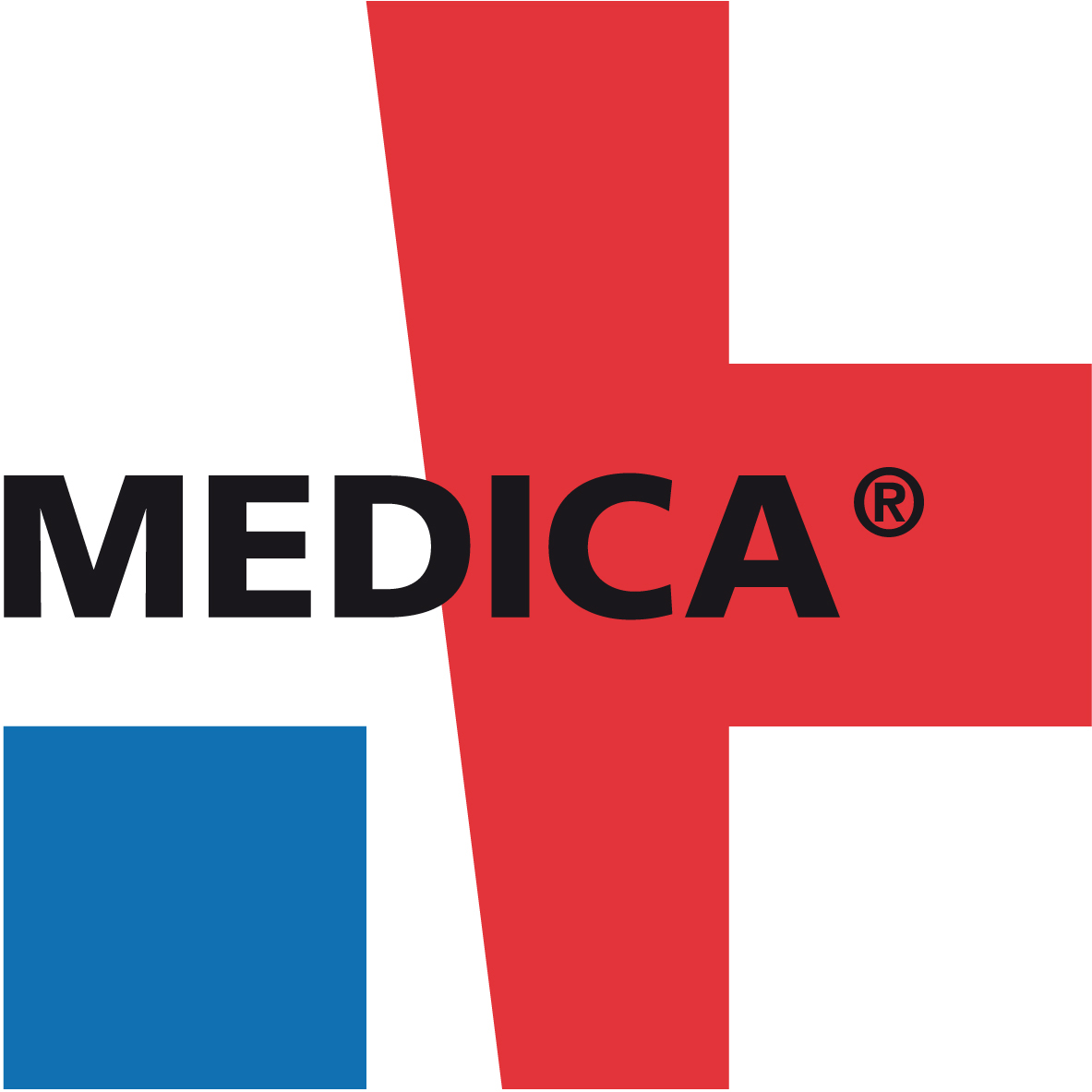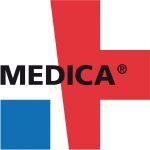From intelligent prosthetics embedded with sensors to cuff-less blood pressure monitoring to smart patches, wearable technology continues to make leaps and bounds. This article briefly reviews a few examples of these technologies, which will be on display at the MEDICA Connected Healthcare Forum on November 12 and 13. The forum will showcase technologies in personalized medicine that monitor health and can be used to treat chronic disease.
ResMed, a company that manufacturers sleep apnea devices and non-invasive ventilators for use in the home, has a technology for sleep onset detection. Its devices provide low pressure until the patient falls asleep and increases the pressure to a specified value, while an integrated radio technology sends therapy data to the patient’s caregiver. The company’s representative Andreas Grimm will discuss how CPAP can improve the mobility of sleep apnea patients.
Electrical Impulses Counter Depression
Korea-based Ybrain provides neurostimulation to treat depression. Its “Mindd” headband uses applied transcranial direct-current stimulation, emitting mild electrical impulses to the brain’s frontal lobe to shock it out of depressive inactivity (depression has been associate with inactivity in the frontal lobe). The technology connects to a smart phone app that lets users evaluate the intensity of their depression on a scale, enabling doctors to monitor treatment progress. Ybrain’s Managing Director Kiwon Lee will be present to explain how its technology is used for non-invasive brain and nerve stimulation.
With more than 5,000 exhibitors, MEDICA is the world’s leading medical trade fair held annually in Düsseldorf, Germany (November 12 – 15, 2018). The forum is an established part of MEDICA’s program and focuses on the latest findings, technologies and solutions to ensure interconnected and mobile healthcare. Top trends and innovative products are the topic of lectures and are presented in the exhibition area of the Forum in Hall 15.Cuff-less Blood Pressure Measurement
ViCardio touts its wearable blood pressure monitor as the only such device that can be worn for a long period of time. An optical biosensor measures blood pressure, beat by beat. Company Co-founder Dr. Sandeep Shah will discuss the future of blood pressure monitoring at the Connected Healthcare Forum.
Biovotion’s solution measures parameters such as heart rate, oxygen in the blood, stress levels or sleep rhythms and analyzes them on a platform. The values are recorded 24/7 via the Everion armband.
Finally, a solution for spiroergometry (lung function) and metabolic analyses by Dynostics consists of a smart analyses device with an accompanying app. It assists in shaping medical training therapies or giving nutrition recommendations based on metabolic values that have been determined by a professional. Manfred Günther from Dynostics will talk about the significance of performance and metabolic diagnostics.
The Move to Smart Bandages
Intelligent patch solutions are being developed for numerous medical applications. Health Care Originals makes a wearable advanced patch to provide an early warning system for asthmatic attacks, recording symptoms such as coughing, breathing patterns and heartbeat. If values deviate from the norm, the wearer is alerted (and another person can be alerted if requested). The device also records the patient’s inhaler use.
On November 13, the Connected Healthcare Forum will focus on smart patches in healthcare. One such example is TracPatch, a product used in rehabilitation in endoprosthetics. It tracks patient progress following an operation—including essential at-home. The smart patch can records a joint’s agility and deflection angle, and can measure body temperature (which if abnormal, can indicate inflammation).
Karl Otto Braun makes a smart bandage that changes color based on body temperature, which can help reveal whether an inflammation is present under the bandage. Dr. Eng. Marcin Meyer of Karl Otto Braun will explain the role of smart textiles in wireless health monitoring at the event.
CyMedica’s presentation will explain how its post-op knee support stimulates muscle wirelessly and can be used after an operation. The support is controlled via an app and tracks therapy progress.
Despite the promise these technologies hold, wearing bandages constantly can also hurt the skin. Covestro will address this subject at the forum, discussing how the right choice of materials and manufacturing technology is essential to developing bandages that adhere securely to the body while being skin-friendly and integrate fully functional sensors.







